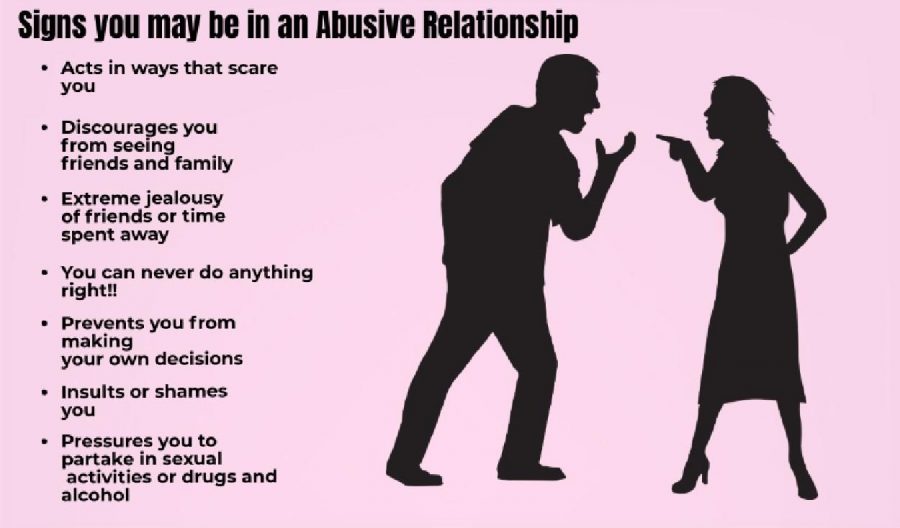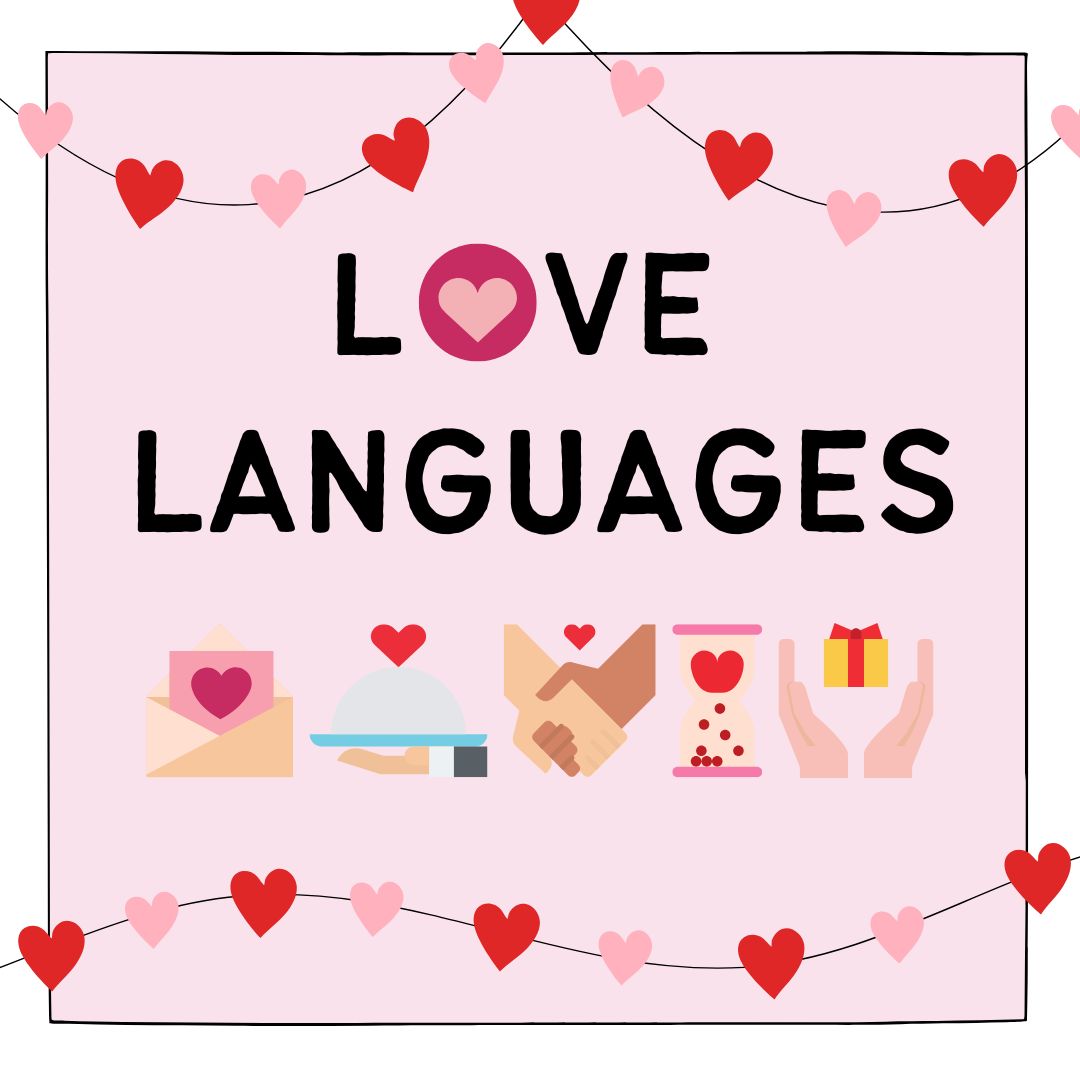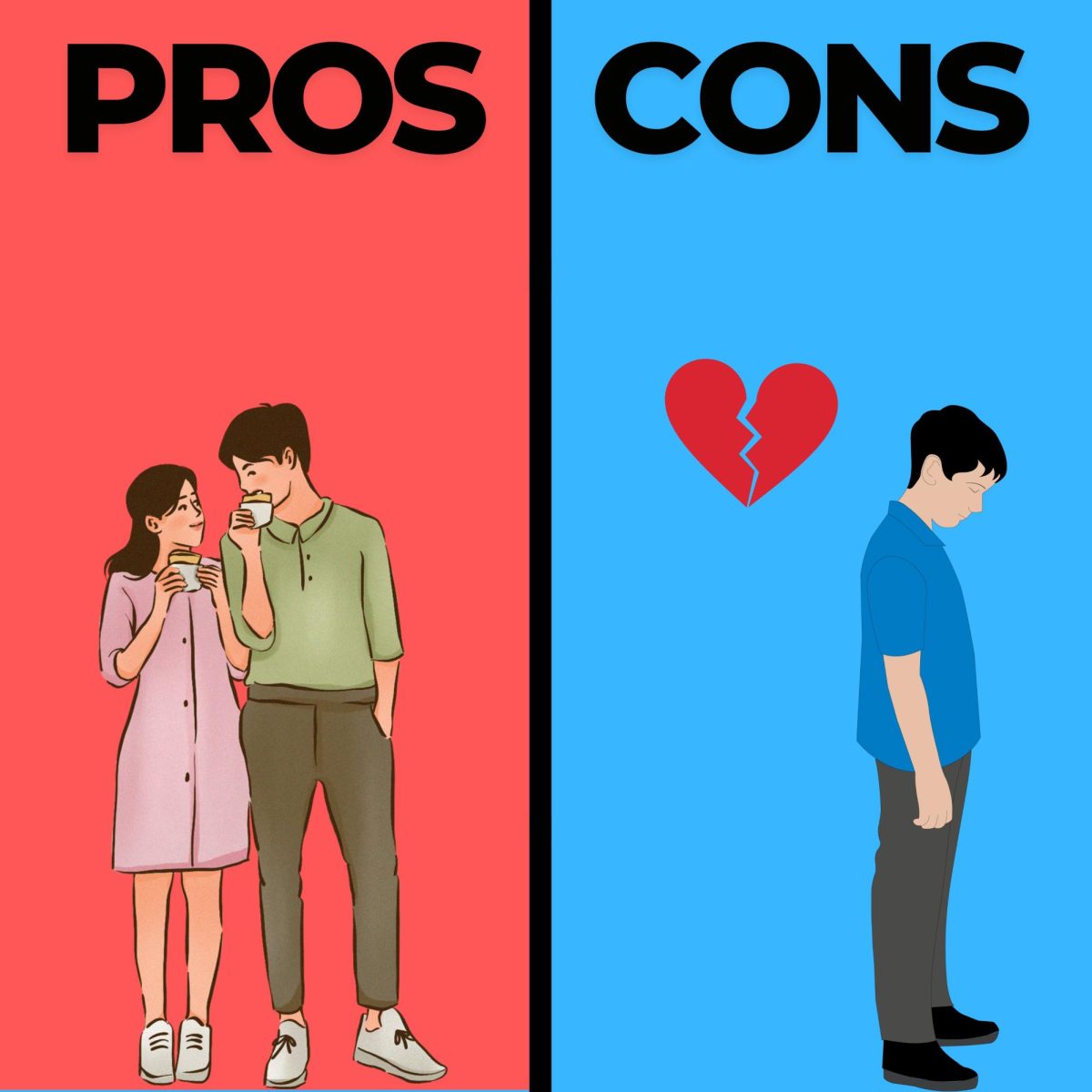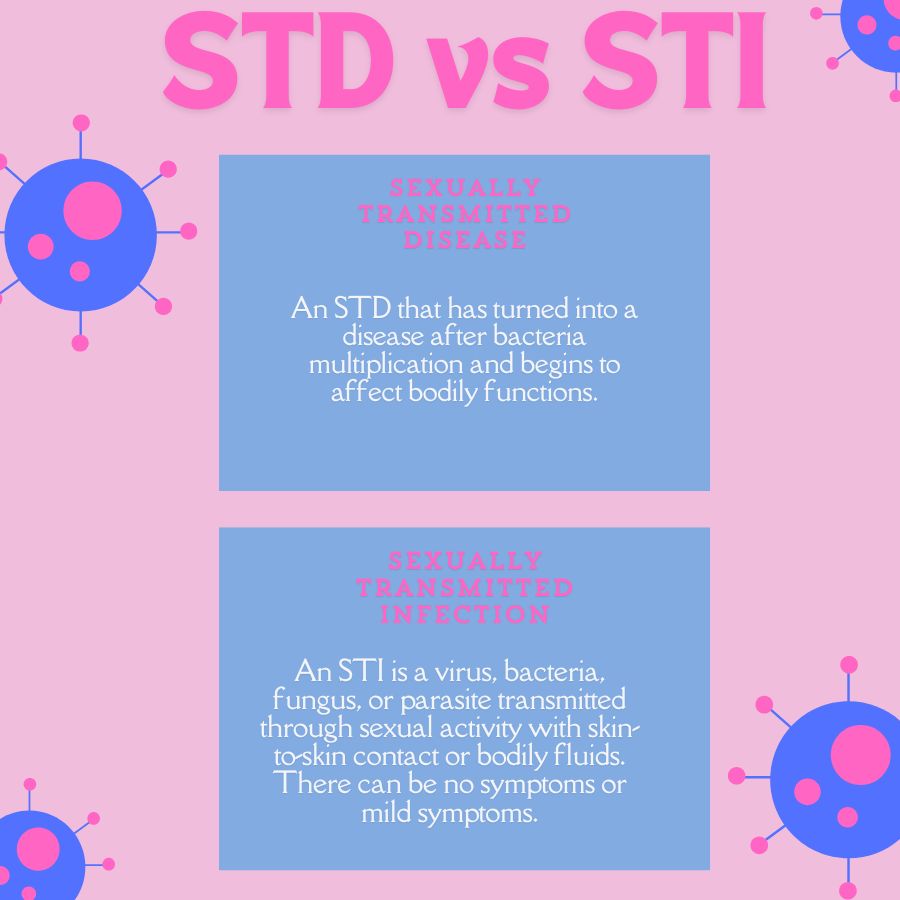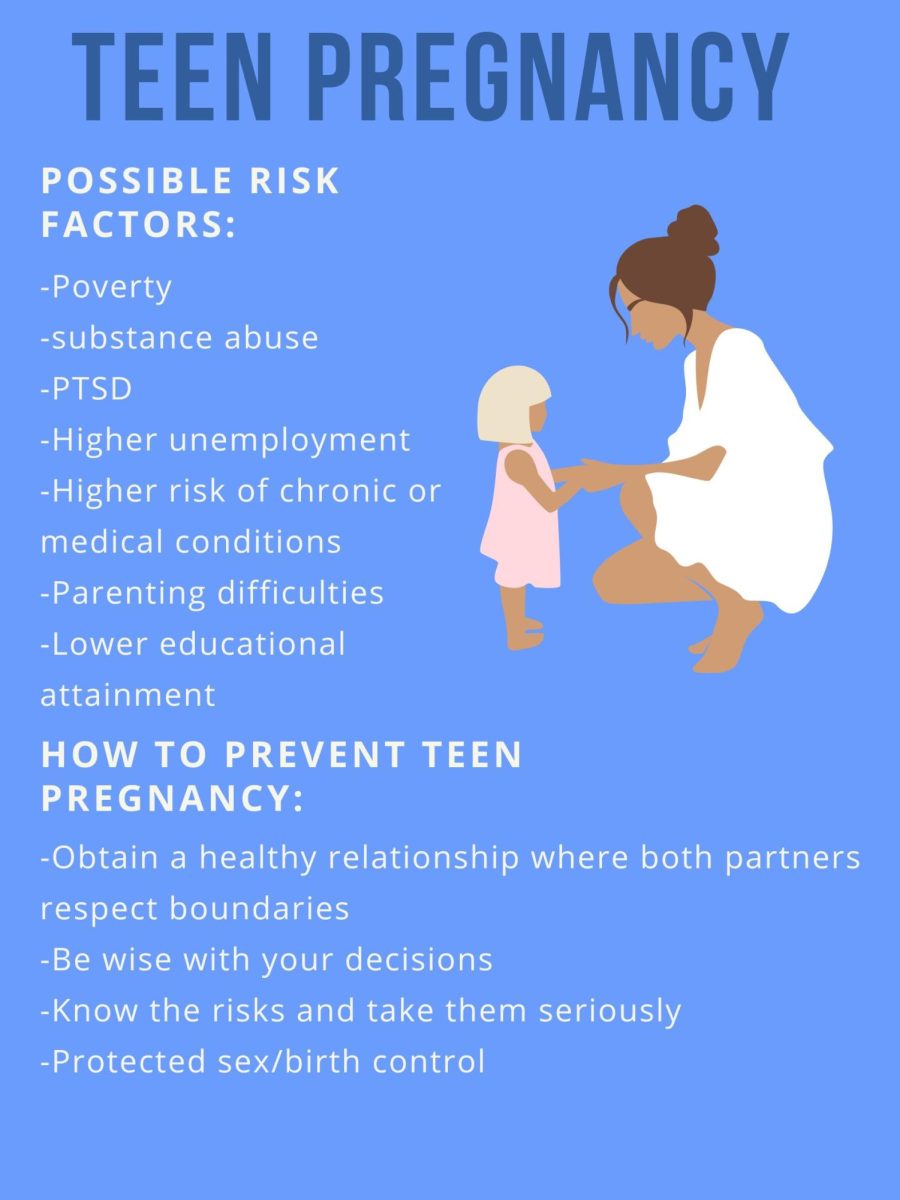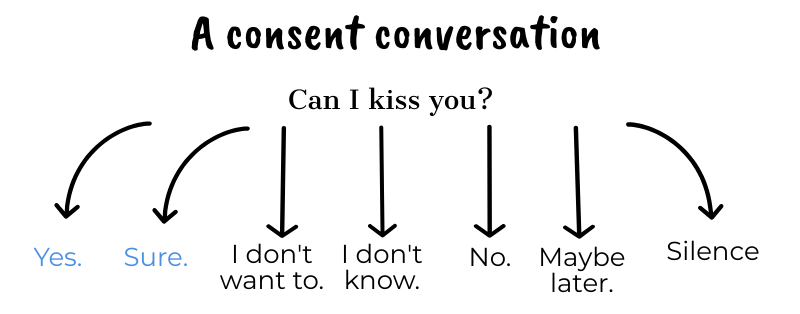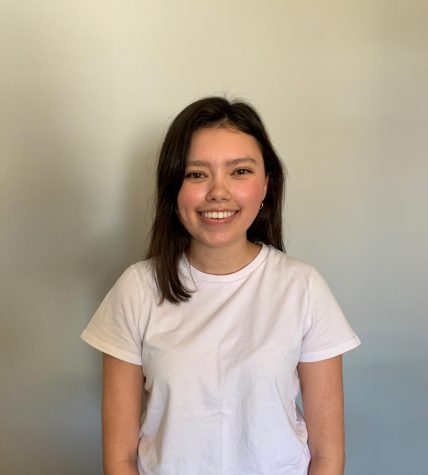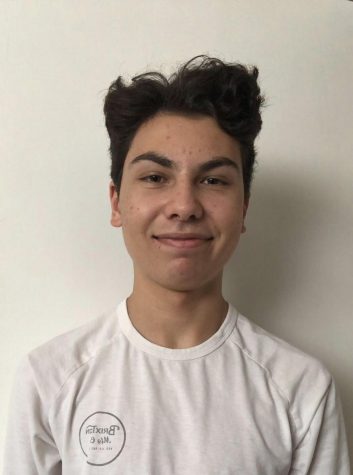Resources at VHS are here to assess abusive relationships.
[dropcap size=small]P[/dropcap]hysical and verbal abuse in consensual or non-consensual relationships is a recurring issue throughout partnerships ranging from adolescents to adults. Abuse is defined by the National Domestic Violence Association as any action that intentionally harms or injures another person. Abuse is not as binary as many often think it is. In fact, people often dismiss a relationship as non-abusive because they don’t understand what an abusive relationship consists of. There are many different types of abuse to consider in relationship, such as physical and verbal. Physical and verbal abuse in consensual or non-consensual relationships is a recurring issue throughout partnerships ranging from adolescents to adults, such as physical harm or verbal harassment. There is also sexual abuse, which could be seen as non-consensual sexual activities, and emotional abuse, which could be seen in the form of guilt or other emotional control of another person. Psychologically, according to the National Domestic Violence Hotline, it can develop a blind sense of fear and develop into a ‘‘this is normal’’ mindset, unable to recognize what a healthy relationship looks like.
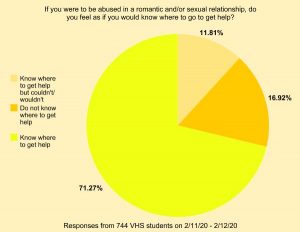
768 students anonymously shared their responses to questions regarding their individual sexual and personal relationships. 7 percent (53 students) said they have been verbally abused in a romantic and/or sexual relationship, while 0.4 percent (3 students) said they have been physically abused in a relationship.
744 students were also asked if they know where to get help if they ever experienced abuse in a relationship. 530 students, (71.2%) said they know where to get help and 126 students (17.6%) said they do not know where they could go to get the help they need.
“I have had to speak to some individuals in the past several years [about abusive relationships,” stated Student Assistant Program counselor Bobbie Richards, an available resource for students facing social and emotional challenges that interfere with their academic success, located in room 41 between the auditorium and cafeteria.
“To recognize that they may be in [an abusive relationship] and for them to look at themselves and see if what they’re doing, what they’re giving, how they are treating the other — if it’s being reciprocated — or if they’re giving them self with the expectation that they’re gonna get nothing back, then maybe that might be a red flag. And just have them look at that because sometimes it might be hard to realize that it’s an unhealthy relationship.”
Another resource are the Ventura High School Psychologists who are here on campus to assist students in order to help them succeed academically, emotionally, and behaviorally.
A VHS junior who wishes to remain anonymous shared that they had previously experienced verbal abuse in past relationships. This student offered advice to those in “toxic” relationships: “Depending on the situation, I’d personally think to reach out to someone you feel comfortable talking to like a close friend or family member, someone who you know will support you and want to help. Try as hard as possible to keep your distance from the person abusing you. For example, if they’re trying to be around you, tell them you’ve made plans with friends or you’re needed for a family event.”
For students who feel they have no one they can safely turn to, the National Domestic Violence Hotline works to help individuals who have been a victim or survivor of domestic violence. They offer 24/7/365 confidential online chatting for those who are experiencing domestic violence, seeking resources or information, or questioning unhealthy aspects of their relationship. They are also available at 1-800-799-7233 or https://www.thehotline.org/.




